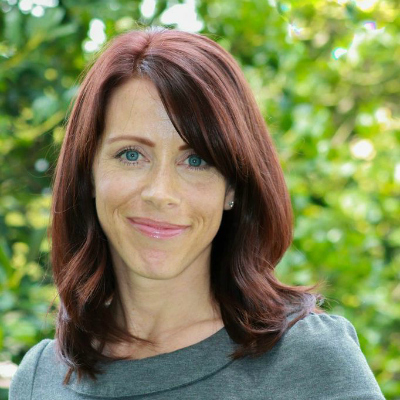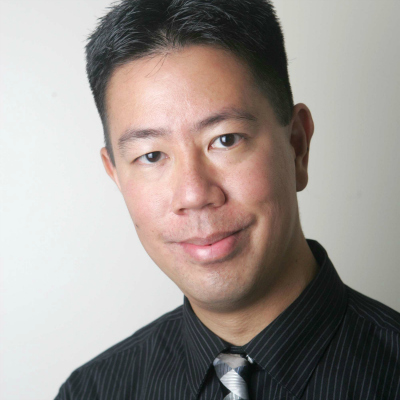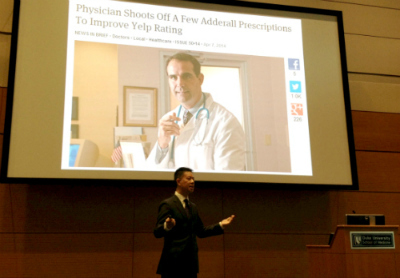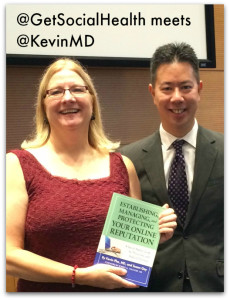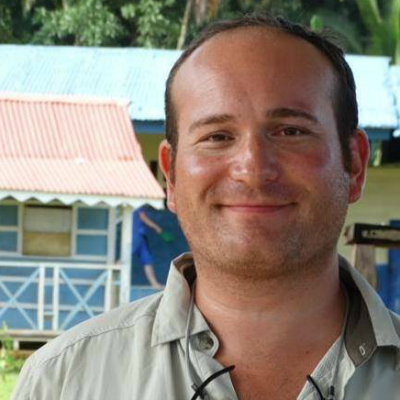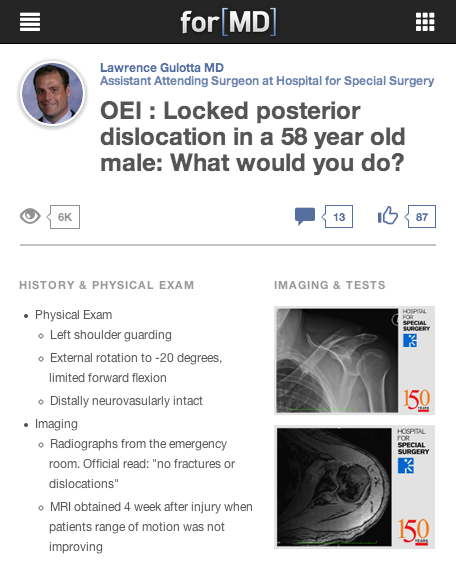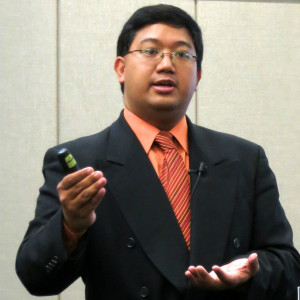Physician Liaison Programs – Critical to Practice Growth
A shocking statistic – a specialty medical practice can depend on patient referrals for as much as 60% – 90% of their business. That makes an active, productive physician liaison program integral to a successful practice. Joining Get Social Health is Amanda Chay, Director of the Physician Liaison program at White Coat Designs, a healthcare marketing, web design and social media firm. Amanda was very gracious in sharing her insights and experience in what goes into creating and managing a physician liaison program. Listen in to our conversation or jump in at the time stamps below.
 00:00 Introduction
00:00 Introduction
01:15 What is a physician Liaison?
02:00 Should the physician be a liaison?
02:45 Does a practice need a full time representative?
03:20 What makes a good physician liaison?
04:25 Is is just about the relationship?
05:26 Liaison is “the glue”
06:40 Is being a physician liaison like being a pharma rep?
07:50 Pharma reps can be good physician liasion
07:50 So – Bagels?
08:38 How does the White Coat Designs program work?
10:00 How does the business side of the business work?
11:40 What’s the value of a patient?
15:05 Pressure is on for unaffiliated practices
16:05 Where’s the money in healthcare?
17:23 What’s the difference between building relationship with a sports medicine versus oncology practice?
18:58 Relationships & “Strategery”
20:05 What data does a practice use to assess their growth?
20:30 What kind of market data does a practice need to market themselves?
21:01 What is the process for setting up a new practice?
23:05 Are any of your clients still on paper?
23:51 Do physician liasions use social media?
25:00 How do you determine if you are ready for a physician liasion program?
27:00 Sometime practices don’t track their referrals regularly
28:00 Does HIPAA or Privacy play a role?
29:53 Social Media Tip: Phyllis Khare’s website – “4 ways to increase your online presence”
Join the email list and be the first to know about the Get Social Health Academy – online learning for healthcare practices and professionals.
Podcast: Play in new window | Download

